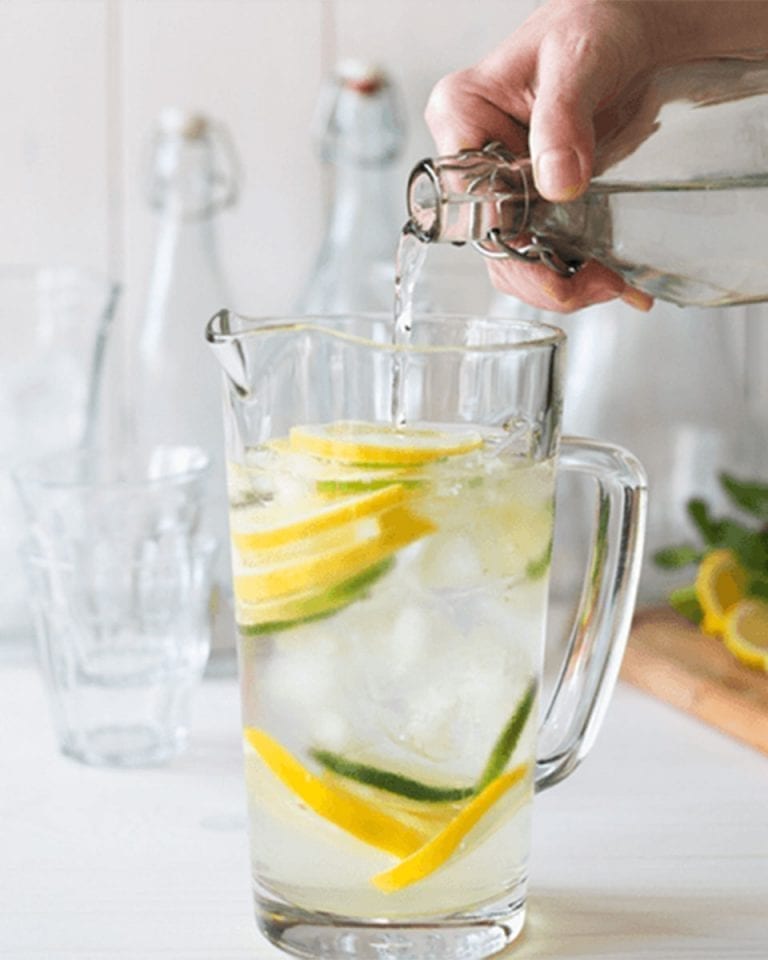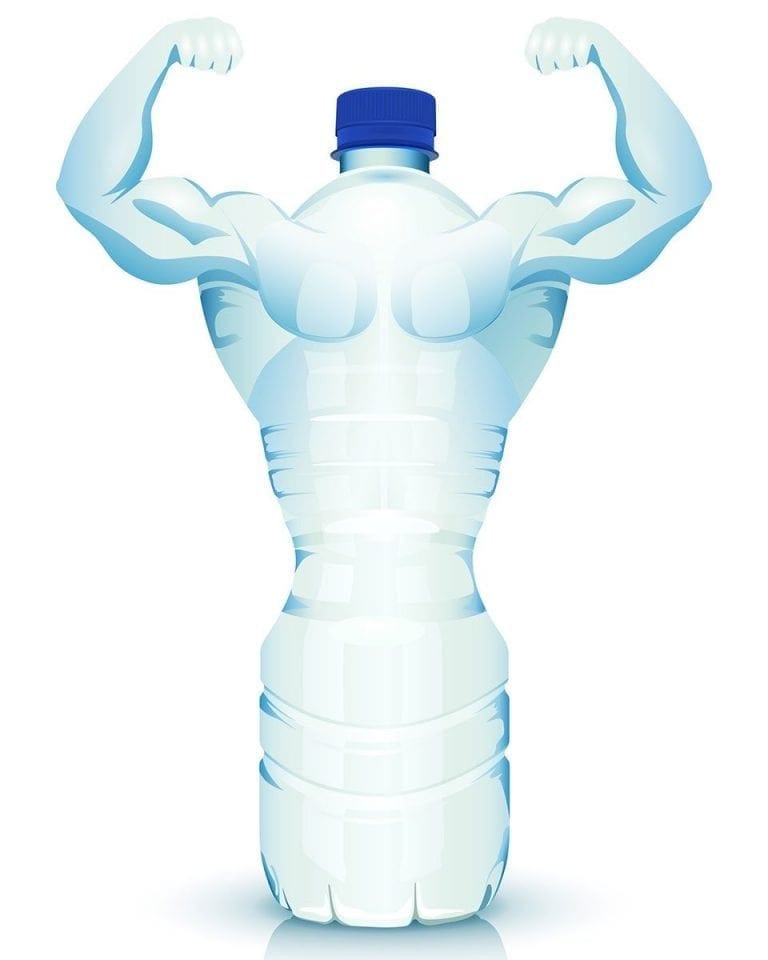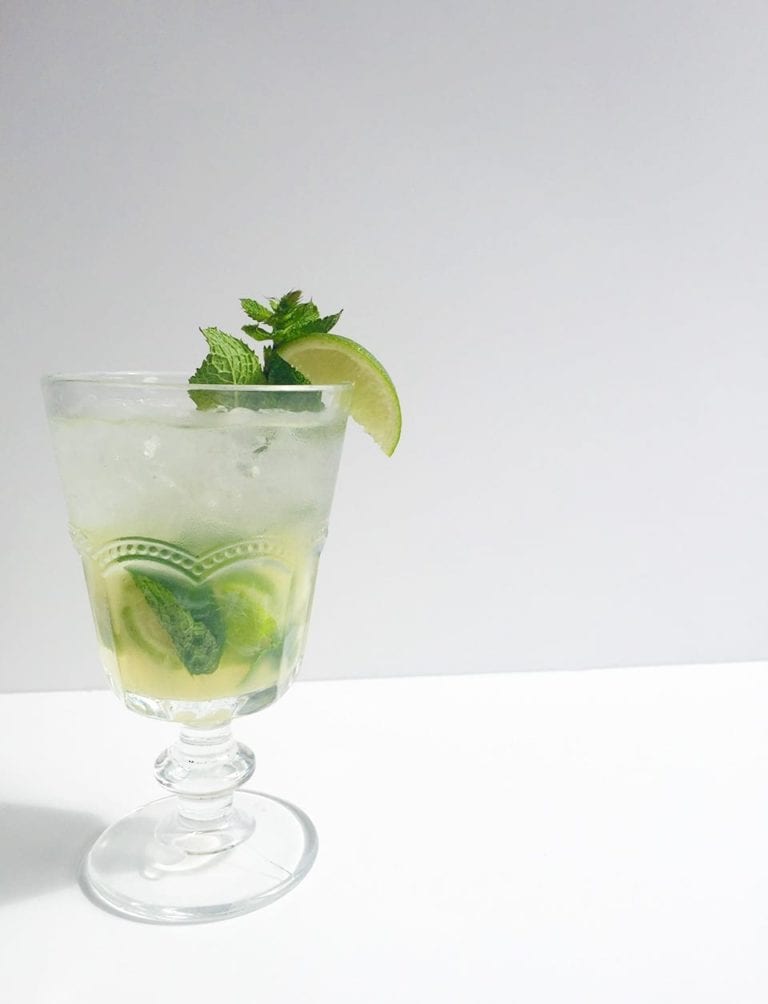Is the juicing craze really good for you?
Is the screech of a juicer the soundtrack to your morning? Did you ring in the New Year with a kale ‘cleanse’? If so, you’re far from alone.
Juicing is a craze that won’t go away – but is it healthy, harmful or little more than hype? Sue Quinn extracts the facts.
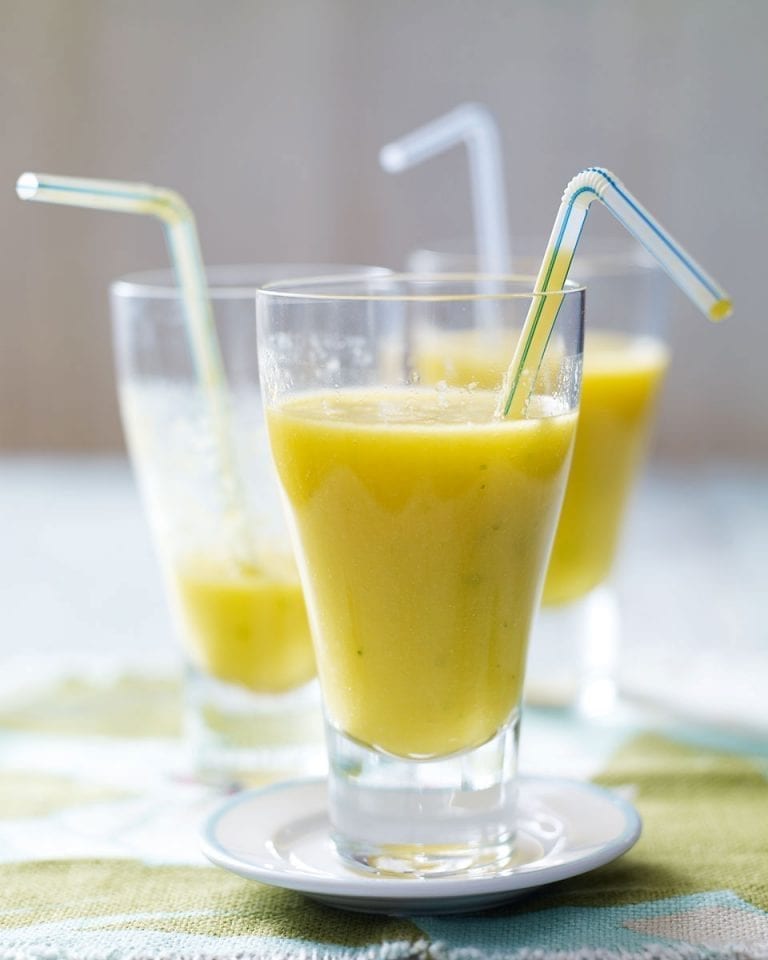
Juicing is an international revolution. Led by celebrities and so-called wellness gurus, it’s been gaining popularity for years, with vast quantities of fruit and veg liquefied each day in the name of nutrition.
Juice detoxes and cleanses are touted as cures for everything from flagging energy to bad skin, while juice recipe books make the bestseller lists and juice delivery schemes boom. It’s no surprise that cookware store Lakeland recorded a 400 per cent increase in sales of juicers during 2015. But is extracting fruit and veg really good for us? Opinion is deeply divided; while millions evangelise the health benefits of juicing, the scientific evidence is scant.
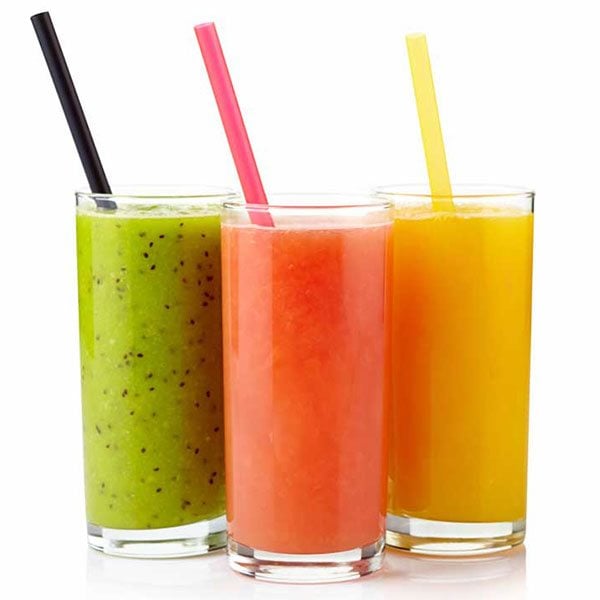
The facts
Eating more fruit and veg is a good thing, surely? Well, it depends. Vegetables, and to a lesser extent fruit, are excellent sources of vitamins, minerals and other vital nutrients, so pure juice is a quick way to get a dose of these compounds. But consuming juice isn’t the same as eating foods whole because nutrients are lost in the juicing process.
Vitamins and phytochemicals (plant compounds believed to be protective against disease) are degraded by heat and oxygen during juicing. The extent to which this happens varies among nutrients. Some people believe costly cold-pressed juice is more nutritious as it’s exposed to minimal heat, but there’s no published research to support this, according to The International Food Information Council (IFIC) Foundation. Crucially, juicing also removes or damages the heart-healthy and gut-healthy fibre that slows the digestion of sugars when fruit and vegetables are eaten whole. That’s why the official advice from Public Health England is to drink no more than 150ml fruit juice per day.
The expert view
“Juicing isn’t a healthy craze,” says Priya Tew, registered dietitian with the British Dietetic Association (BDA). She adds that one small glass of juice with food each day will do no harm. “The problem comes when people go over the top and use juice as a meal substitute,” she explains. “They end up having an awful lot of fruit and vegetables – possibly more than four portions in one glass. This sounds healthy, but it’s not as it can add up to lots of calories and sugar but no fibre.”
Dr Robert Lustig, US paediatric endocrinologist and author of Fat Chance: The Hidden Truth About Sugar, Obesity and Disease, believes fruit juice is as unhealthy as sugary fizzy drinks. He argues that the insoluble fibre in fruit and veg – crucial to limit the absorption of sugars and avoid pressure on the liver – is “sheared to smithereens” during juicing. And, he says, there’s no evidence that new-generation juicers, which claim to masticate fruit and vegetables and retain the fibre, are any better than standard models. “Eat your fruit and veg, don’t drink it,” he says in his YouTube lecture on the topic, which has now been viewed more than 6 million times.
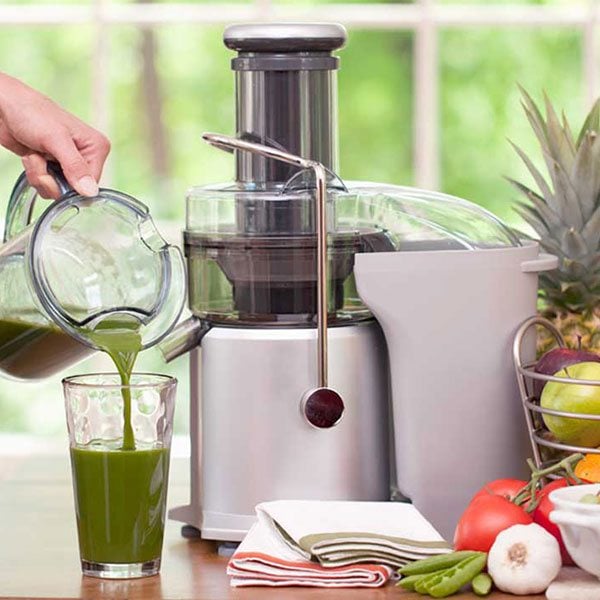
Cleanse and detox
So the occasional glass of pulverised fruit or veg is generally regarded as harmless – but what about juice diets that promise to ‘flush out toxins’? Doctors and dietitians dismiss them, arguing that the body has its own detox system: the kidneys and liver. “Detoxing and cleansing are merely clever marketing slogans,” says Emeritus Professor Edzard Ernst, Chair in Complementary Medicine at the University of Exeter. “The implication is that toxins are being eliminated from the body and this is not true. All that’s being eliminated is cash from somebody’s wallet.”
Professor Ernst says consuming only juice for a couple of days probably won’t do any harm and can be a good way to cut back on alcohol and consume more water. But Priya Tew advises against doing so, especially for those prone to diabetes; juice isn’t a balanced meal because it lacks protein and fat. “People can end up with an unbalanced diet, not getting the micronutrients they need, and could end up lacking in protein, zinc and other things,” she says.
So why do so many people claim health benefits from juice diets? Probably because they’re cutting out alcohol, processed food and junk food at the same time, she suggests. “It’s not the juice that’s doing it.”
The alternative view
Not all experts recommend tossing away the juicer. “For me, a nutrition ‘detox’ is simply a way of reducing our exposure to highly processed foods and eating more indigenous ones,” says nutritional biochemist and juicing advocate Jeannette Jackson. “Foods in their natural state, like raw vegetable juices, assist the body with its detoxification processes.”
Jeannette adds that a juice diet can also be an effective way of getting out of a food rut. “Introducing an array of natural multivitamins and minerals into your body over a short period of time can be a great way to boost energy and recharge your cellular batteries.”
The bottom line?
Cutting out alcohol, processed food and junk food, and eating a balanced diet might be just as effective – or even healthier – than a juice diet. But a small glass of pulverised fruit or veg now and then won’t do you harm.
Subscribe to our magazine
Food stories, skills and tested recipes, straight to your door... Enjoy 5 issues for just £5 with our special introductory offer.
Subscribe
Unleash your inner chef
Looking for inspiration? Receive the latest recipes with our newsletter
